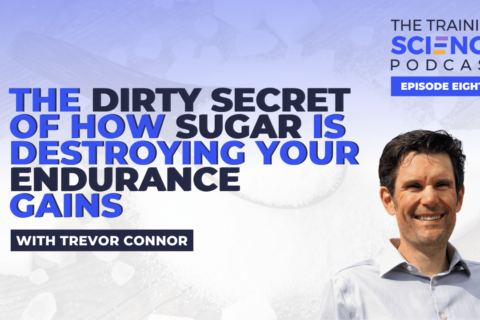When this pro athlete stopped restricting nutrition and fueling in favor of a higher-carbohydrate diet, she was surprised by the result.
When this pro athlete stopped restricting nutrition and fueling in favor of a higher-carbohydrate diet, she was surprised by the result.





